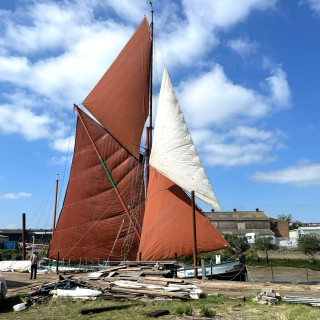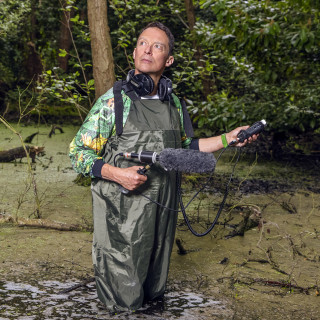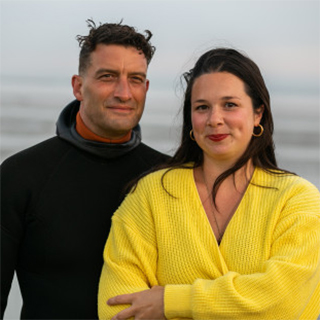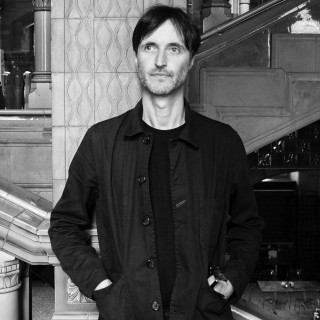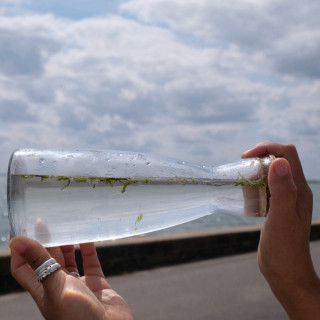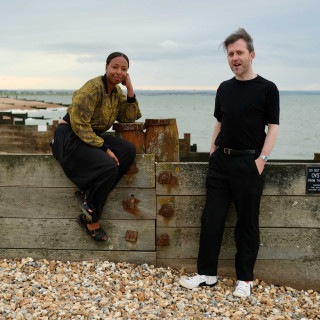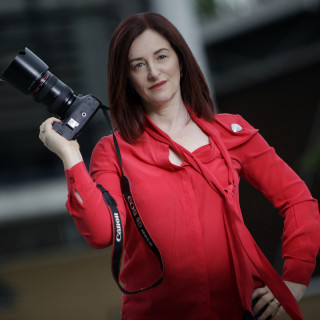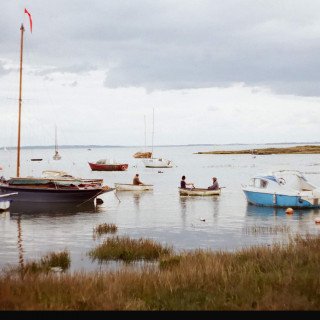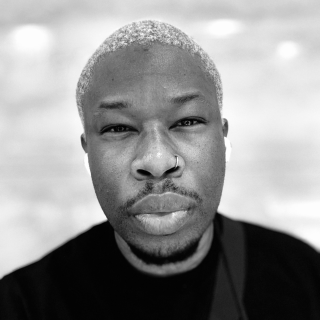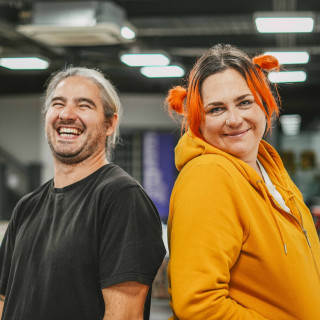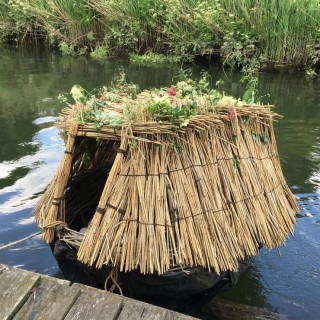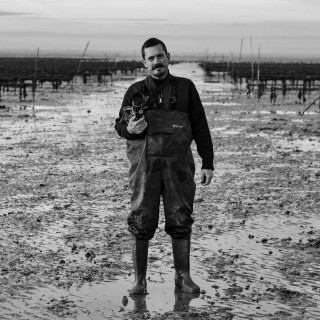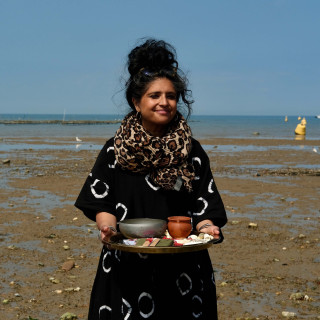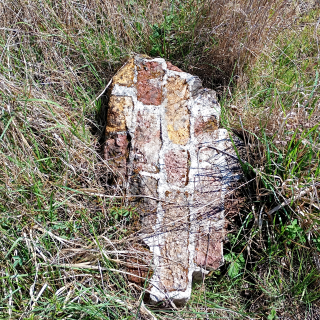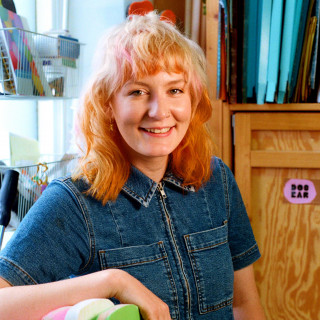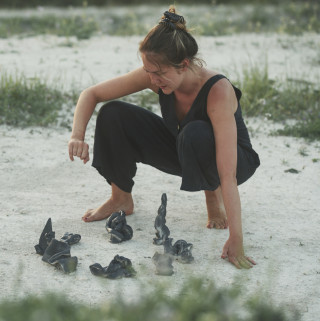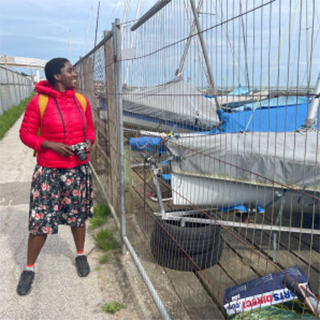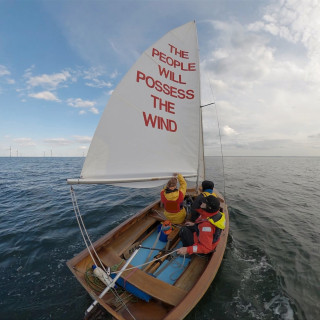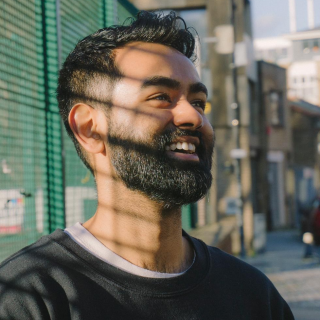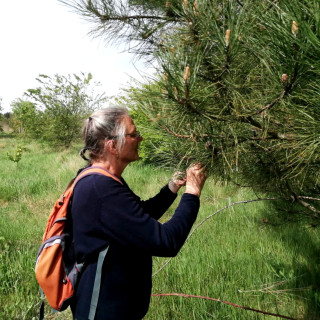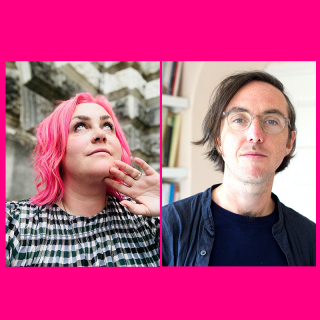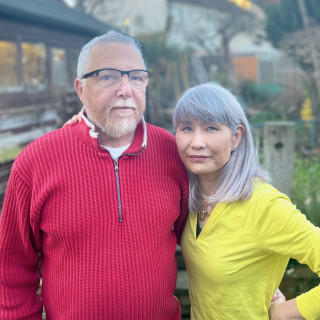Raybel Charters
Raybel Charters is a maritime heritage community company – part business, part campaign, part arts project. Their work is based around the themes of water, trade, transport, nature, heritage and people. We aim to work collaboratively, inclusively and creatively, on a global and a local scale.
They originally formed in 2018 with the single aim of restoring a 100 year old Thames Sailing Barge, the Raybel. They received funding for the restoration in 2019 from the National Lottery Heritage Fund, Swale Borough Council, Kent County Council, the Transport Trust and a host of individual crowdfund supporters. The work has taken place at Lloyd’s Wharf, Milton Creek, Sittingbourne – just a few hundred yards from where Raybel was built and launched in 1920.
On the global scale, they are part of a cross-ocean network, bringing back the ethos and wonder of transporting cargo by the power of wind and tide alone. We import produce to London and Kent, from small-scale community producers and family farms in Colombia, the Caribbean, Portugal and France. The cargo is sailed from overseas Ramsgate, with the onward journey to London made by Thames sailing barge.
With the restoration now complete Raybel Charters will soon be sailing and running Raybel as a community and cultural space – as well as bringing her into the sail cargo network on the Thames and int London. Their other community projects have included a youth theatre production for Lewisham Borough of Culture 2022, exploring the maritime heritage of Deptford from the 16th to 18th centuries, and culminating in a performance staged on the Cutty Sark and at the Master Shipwright’s House.
They also curated the community commissioning and designing of a new public artwork in Milton Creek Country Park, working with families and children, and drawing inspiration from local history and wildlife. And we are running a Citizen Science project investigating water quality of Milton Creek, and planning ways to bring back more nature.
About the artists
Benjin
Benjin is a multi-instrumentalist, artist and story teller. His solo compositions use classical guitar, cello, harp, clarinet, vocals, nyckelharpa, field recordings and found sounds. Aside from regular concert performances, benjin's music has been featured on BBC Radio 6 Music, Radio 3 and at the TATE Galleries. He will perform ‘Last Days of Sail’, exploring the multiple ways in which his instrumental compositions, song poems, and dense sound collage improvisations have been informed (and quite literally formed) through a lifetime of working on the Thames Estuary. Drawing upon pieces written for cello, classical guitar, nyckelharpa and voice the programme will highlight the importance of immersed 'authentic' perspectives within folk music traditions.
https://benjinmusic.bandcamp.com/
David Nettleingham
Dr David Nettleingham is a sociologist and multidisciplinary artist from the Isle of Thanet. In his social research, community facilitation work and creative practice, he is interested in how the power of storytelling, collective memory, and ideas of ‘heritage’ shape our actions and understandings in the present. David is Senior Lecturer in Sociology at the University of Kent and has been a guest tutor at a number of local arts institutions, emphasising both an arts-led approach to sociology and a sociologically-led approach to the arts. He is Co-Director at Hold Creatives Spaces gallery and studios in Ramsgate, and founder of Thanet Experimental – a scheme to promote experimental art practice through funded exhibition opportunities. He runs regular workshops for community oral history training, and local map-making (and countermapping). David will be presenting specially commissioned work for Estuary Festival, casting a critical eye over the politics of heritage work in North Kent, and discovering if there are parallels in South Essex. Also, how post-industrial decline has forever changed our relationship to class, traditional skills and the sense of community.
https://davidnettleingham.com/
Cirenne
Cirenne play new, experimental music at a cross-cultural intersection of klezmer, chamber jazz and free improvisation, Cirenne is a singular combination of violin, viola, trumpet and electronics. Playful and cinematic, deadly serious and sometimes pretty silly, Cirenne’s music reflects upon borders, real-world conditions and explores imagined utopias. They weave scenes and soundscapes that are at once dense, rich and mellifluous, spacious, dancing and angular. Hailing from Bristol, UK, the duo brings together Celeste Cantor-Stephens (TORU, Shabbos Ranks) and Caelia Lunniss (Spindle Ensemble, Terra Coda). Cirenne won the Bubbe Award's People's Choice Award for Best New Klezmer Composition (2022), and have been featured on BBC Radio 3. “Their air of dancing humour recalls the compositions of New York avant-garde street musician Moondog or the spaciousness of American string group the Kronos Quartet” –Benny Dart, Cafe OTO Based in Bristol, the duo comprises Celeste Cantor-Stephens (trumpet / electronics / toys / compositions) and Caelia Lunniss (violin / viola).
https://cirenne.bandcamp.com/album/cirenne
Mataoi Austin Dean
Mataoi Austin Dean sings folksong primarily from the South of England. He is best known for his work as a member of the nine-piece folk group, Shovel Dance Collective. He sees his singing of folksong as part of a decolonial process: centring notions of locality, class solidarity, and international exchange, and rejecting totalising, imperialistic structures of Britishness and whiteness. Born in 1996 to a Guyanese mother and an English father, and educated at the Slade School of Fine Art, Mataio’s practice extends across visual art, poetry, music, and activism. He creates images, often intaglio prints, which explore England and Guyana’s darkly intertwined histories, throwing light upon moments of resistance whilst unearthing stories of coloniality and rebellion embedded in English landscape and architecture. Mataio will be performing work specifically developed and produced for Estuary festival, based on his artistic research and ground breaking work on sea shanty songs and their African origins. Expect acapella, critical discussion and poetic reflections on the politics of folk music in contemporary culture
https://www.mataioaustindean.com
Goblin Band
Goblin Band formed from sessions of the same name run out of the HobGoblin Music shop in central London, organised by a collection of young queer folk obsessive friends and shop employees looking to forge their own way into folk music. This gave rise to a band of multi-instrumentalists firmly rooted in the folk music of Britain, interpreted via the leftist tradition concerned with folk’s relationship to the history of the working classes, capitalism, and colonialism. Through a fusion of harmony singing, fiddle, squeezebox, hurdy gurdy, recorders and more, Goblin Band deliver a charismatic alternative expression of English traditional culture in a way which is at once riotously joyful and deeply sincere.
https://goblinbanduk.bandcamp.com/album/come-slack-your-horse
Sonny Brazil
Sonny Brazil is a Folk singer and Squeeze Box Player from the south east of England. Sonny lives entrenched in the world of english folk culture, working as a crew member on Thames Sailing Barges and living on the Canals; they are one of the founding members of the folk collective Goblin Band described by Martin Carthy as "The band we've been waiting for". Sonny's unique style of folk performance stems from the Queer folk scene in south London. In keeping folk music alive and viewing it through a queer, anti colonial, anti capitalist lens, Sonny does their bit to carry on the living tradition in a way that sparks new energy into the old songs.
Hexess
Hexess are Benjn and Kath Gifford.
Project photo by Raybel Charters.
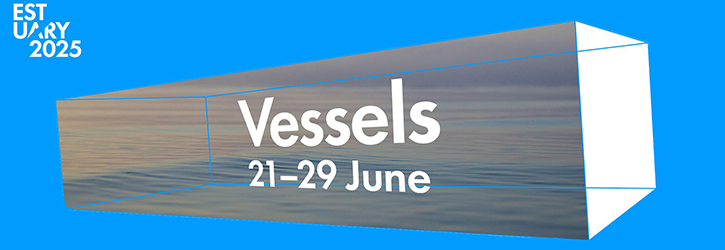
 maybe later
maybe later

